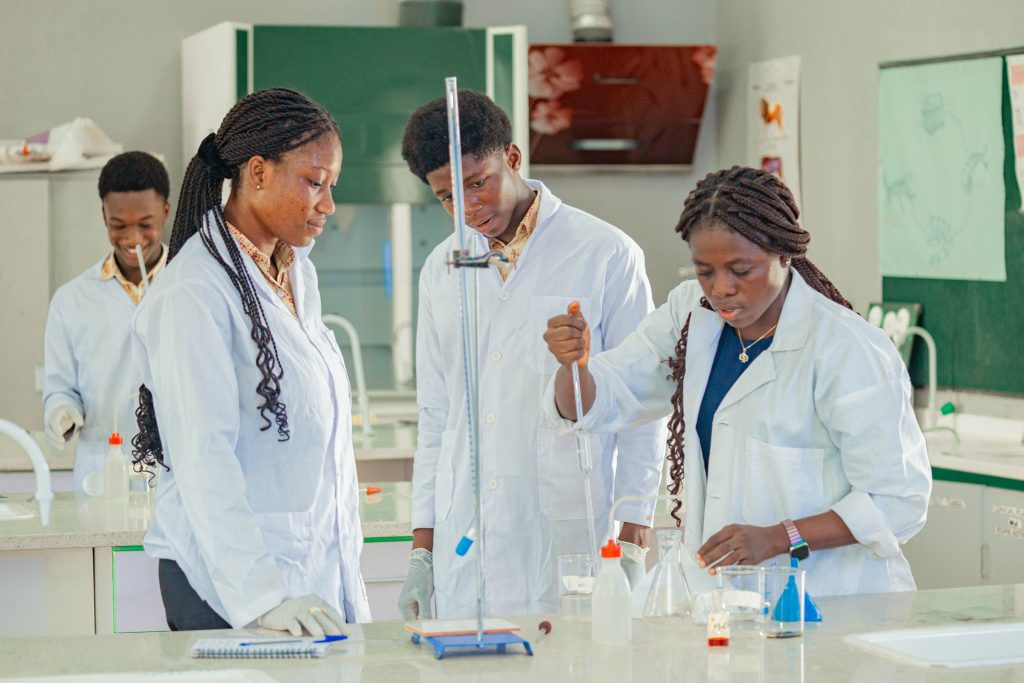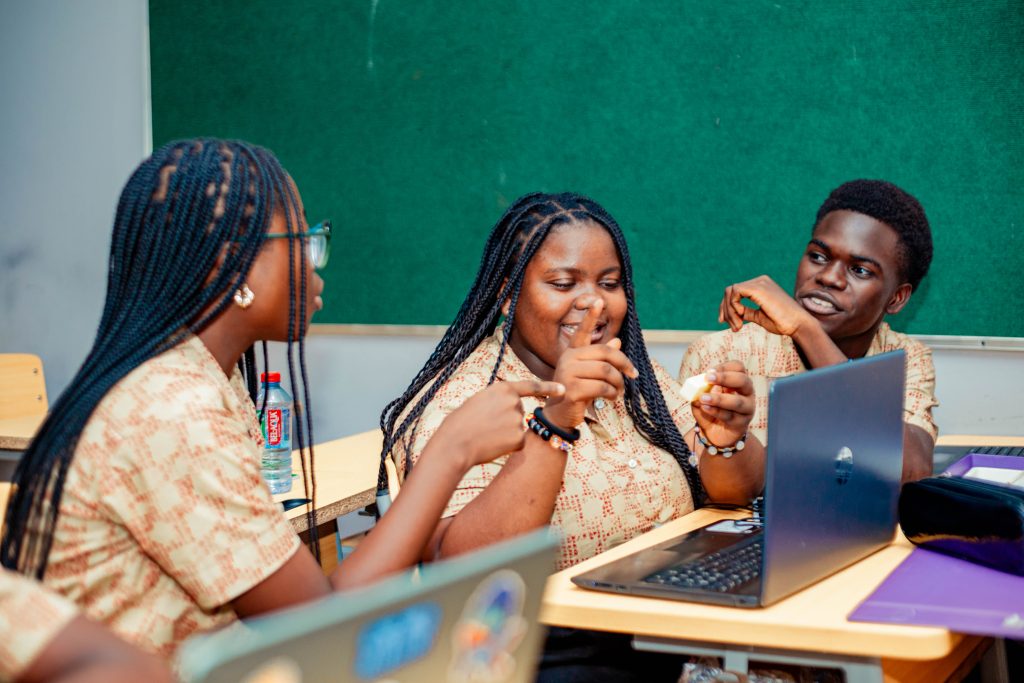Key Points at a Glance
Many students struggle with science due to abstract concepts, weak foundational knowledge, and lack of engagement.
Improving science learning requires hands-on activities, real-life applications, and strong teacher support.
Parents and schools must work together to build confidence and create curiosity in learners.
Innovative schools like Morgan International Community School (MICS) are making science relatable, fun, and meaningful.
Science is a vital subject that helps students understand the world around them — from how the human body works to the laws that govern motion, matter, and energy. Yet, for many learners, science can feel confusing, boring, or even intimidating.
Why do so many students struggle with science? And more importantly, how can teachers, parents, and schools make it easier and more enjoyable?
This article explores the most common challenges students face in science and offers practical ways to help them succeed — both at home and in the classroom.
1. Why Students Struggle with Science
a. Abstract Concepts and Difficult Vocabulary
Science involves a lot of abstract thinking. Students must understand things they cannot see — like atoms, forces, or chemical reactions. Without the right tools or guidance, this can become overwhelming.
In addition, science is full of technical terms that are unfamiliar to many young learners. Words like “photosynthesis” or “kinetic energy” can confuse students if not explained well.
b. Weak Foundation in Math and Reading
Science requires basic math and reading skills. Students need to read instructions carefully, analyze graphs, and solve formulas. If they lack confidence in these areas, science becomes even harder.
When math and literacy gaps are not addressed early, students may struggle to keep up with science lessons in higher grades.
c. Passive Learning and Lack of Engagement
Traditional teaching methods — such as long lectures or textbook reading — can make science feel boring. Without hands-on experiments, interactive discussions, or real-world connections, students lose interest quickly.
Engagement is key. If students cannot relate to what they are learning, they may stop trying altogether.
d. Fear of Failure and Low Confidence
Many students believe science is only for “smart people.” This mindset can prevent them from participating or asking questions. A single bad grade or difficult topic can make them feel like science is beyond their ability.
Over time, this fear becomes a barrier to learning.
2. How Teachers and Schools Can Help
a. Make Science Hands-On and Interactive
The best way to learn science is to do science. Teachers can use simple experiments, models, and demonstrations to explain complex ideas. Group activities, science fairs, and field trips can also make lessons come alive.
At MICS, students frequently engage in practical science. These activities not only deepen understanding but also spark excitement and curiosity.

b. Use Real-Life Examples
Connecting science to everyday life helps students see its value. Teachers can relate topics to things students know — like how digestion works after eating, why the sky changes color, or how soap removes germs.
When science feels relevant, it becomes easier to understand and more enjoyable to explore.
c. Scaffold Learning and Reinforce Basics
To help students build confidence, teachers should break lessons into smaller parts, use visuals, and check understanding regularly. Revisiting key concepts and reviewing foundational math and vocabulary are essential strategies.
Schools should provide support systems like tutoring, peer study groups, and differentiated instruction for students who need extra help.
d. Celebrate Mistakes as Part of Learning
Students need to know that it’s okay to struggle and that mistakes are part of learning. Creating a classroom culture where questions are welcomed and curiosity is encouraged can reduce anxiety and improve participation.
Teachers can build confidence by praising effort, not just correct answers.
3. How Parents Can Support Science Learning at Home
a. Encourage Questions and Exploration
Children are naturally curious. Parents can nurture this by answering questions, exploring science books together, or watching educational videos. Even simple activities like cooking or observing nature can become learning moments.
b. Create a Positive Attitude Toward Science
Avoid saying things like “science is hard” or “I was never good at science.” Instead, share your own curiosity and learn with your child. Show them that science is fun and everywhere — in the kitchen, in the sky, and even in their bodies.
c. Provide the Right Resources
Invest in science kits, age-appropriate books, or mobile apps that teach science through play. Support homework time and attend science-themed events at school to stay involved in your child’s learning journey.
4. The Role of Schools in Changing the Narrative
a. Emphasize Inquiry-Based Learning
Progressive schools like Morgan International Community School (MICS) are shifting from rote memorization to inquiry-based learning. Here, students are encouraged to ask questions, investigate, and draw conclusions — just like real scientists.
This approach builds critical thinking and problem-solving skills, preparing students not just for exams but for life.
b. Train Teachers in Modern Science Education
Teachers must be equipped with the tools and training to deliver engaging science lessons. Schools should invest in continuous professional development, especially in using technology and hands-on methods to teach complex topics.
c. Build a Science-Rich Culture
From science clubs to innovation competitions, schools can create a culture that values experimentation and discovery. Celebrating student projects, showcasing inventions, and inviting science professionals to speak can boost student motivation.
At MICS, science is not just a subject — it’s an experience. Students explore, experiment, and enjoy learning in a supportive environment designed for 21st-century learners.

Final Thoughts
Science should not be feared — it should be understood, explored, and enjoyed. When we address the real reasons why students struggle and commit to teaching science in creative, engaging ways, we unlock the door to endless possibilities.
Whether you’re a teacher, parent, or school leader, your role in making science more accessible is crucial. And with schools like Morgan International Community School (MICS) leading by example, it’s clear that the future of science education is bright.
